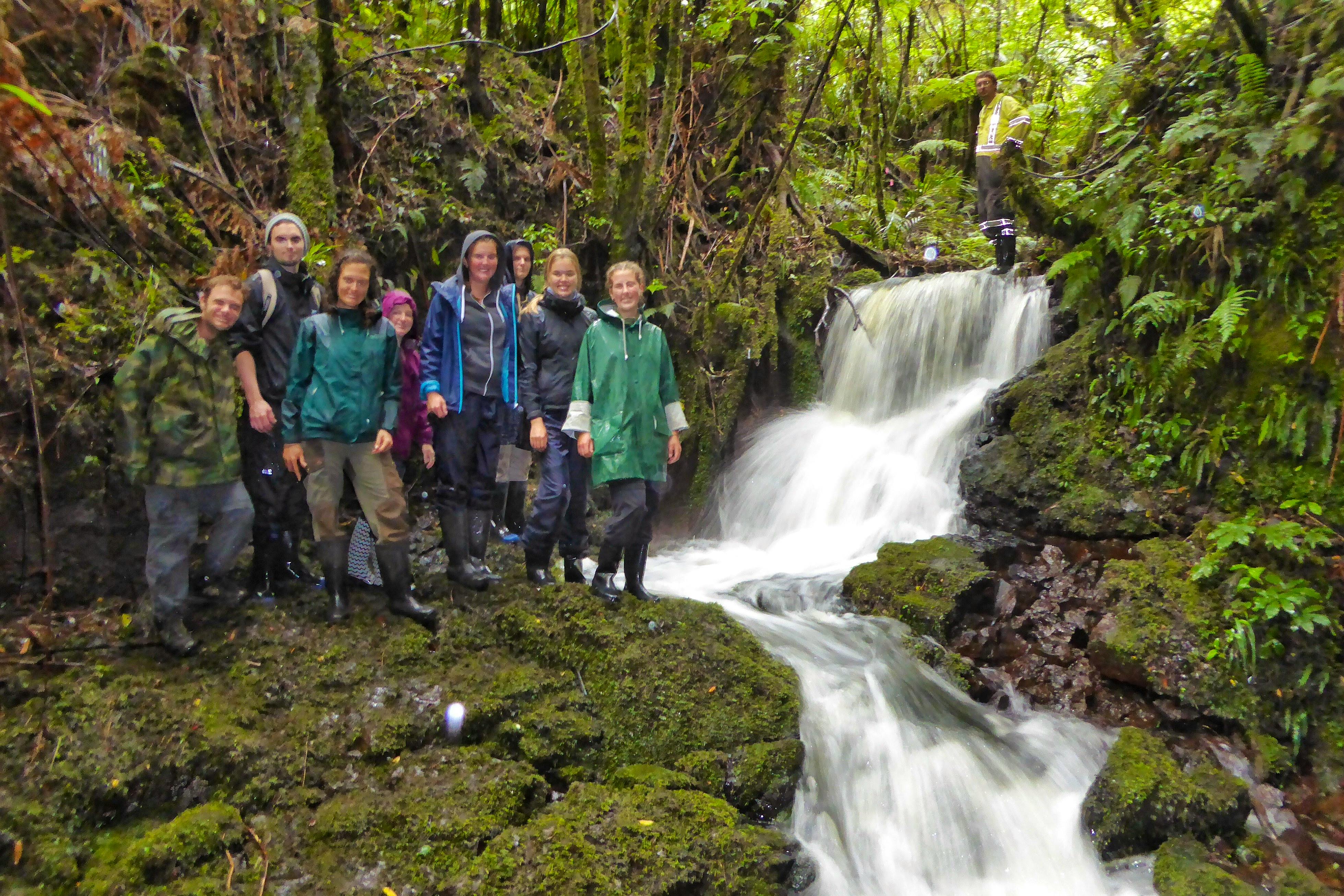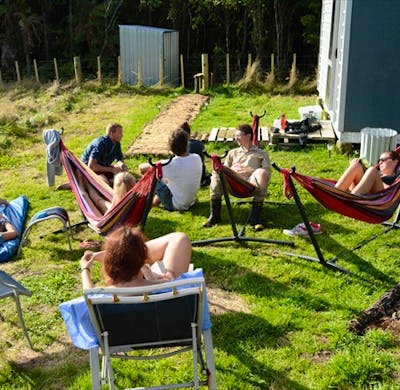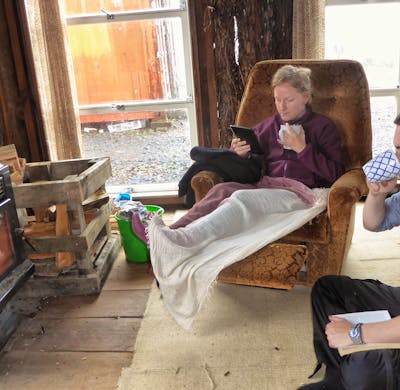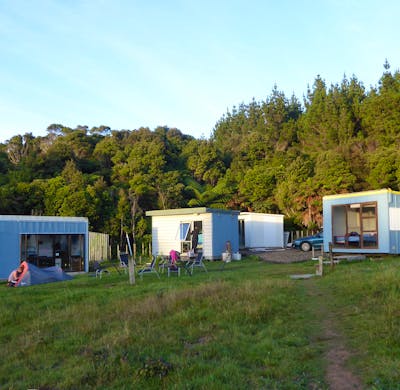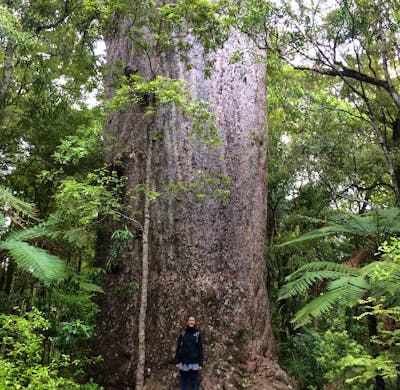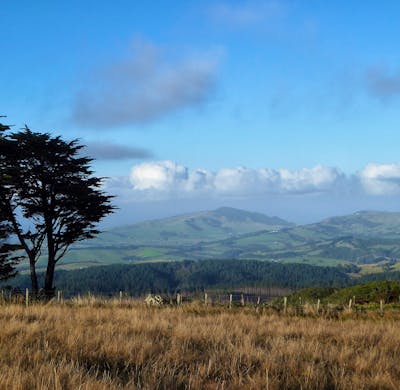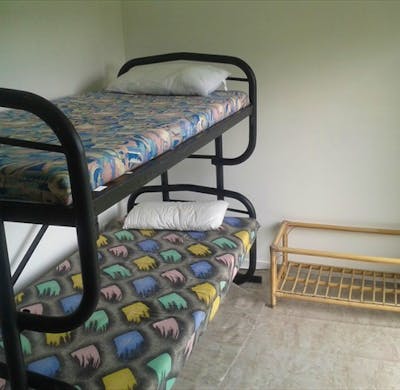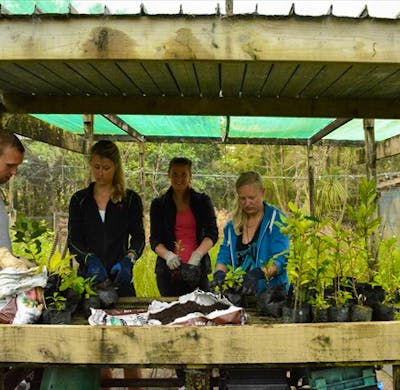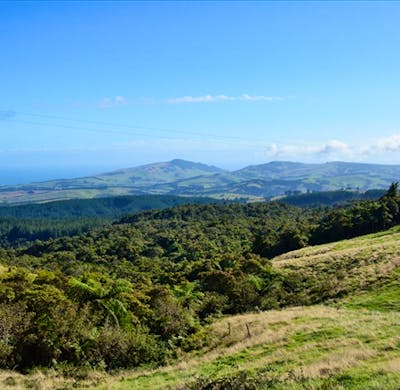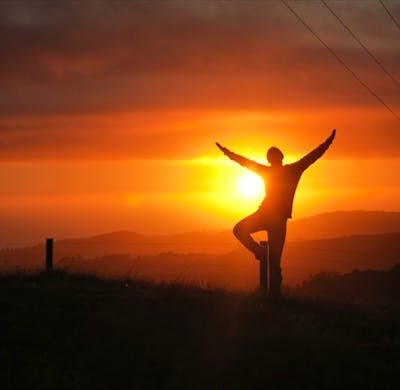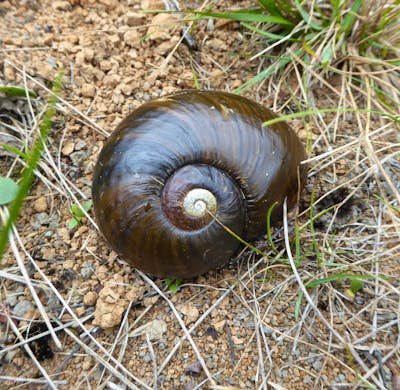Native Forest Conservation Helper
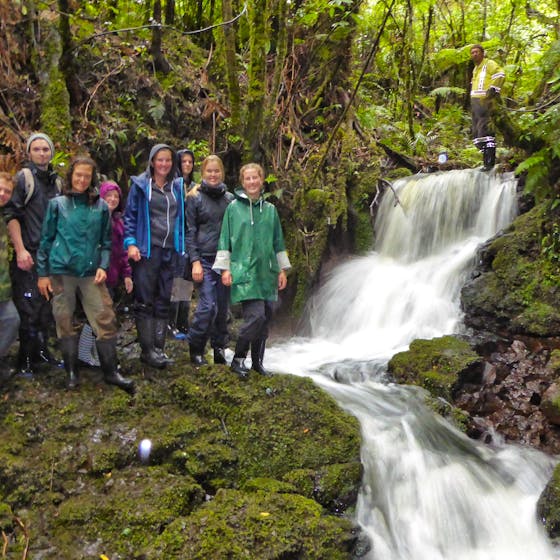
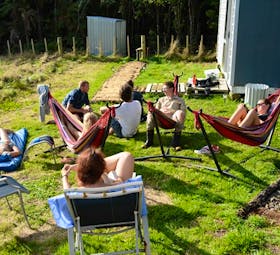
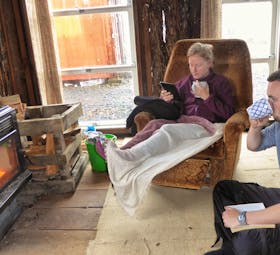
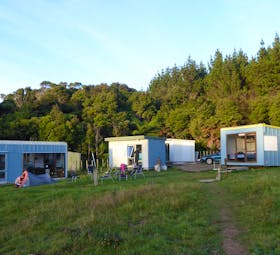
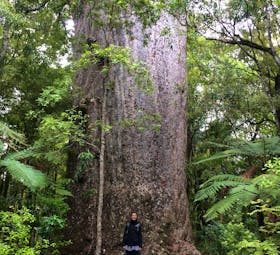
Highlights
- Experience living in a rain forest
- Learn how to protect endangered species
- Connect with like-minded people
- Live off grid in a sustainable way
Especially good for
About the program
Join us to help protect this beautiful jungle-like forest and to create a safe environment for the kiwi!
You are thinking of coming to New Zealand attracted by the amazing landscapes, never-ending beaches, blue skies, soaring mountains, and green forests. You like nature and seek respite from the crowded city. You sometimes wonder what simple life is like, living off-the-grid, maybe? You want to do ...
Typical day
Typical Day at Work
- 8am - 9am breakfast
- 9am - 10am cleanup
- 10am - 12pm morning working activity
- 12pm - 1pm lunch/picnic
- 1pm - 4pm afternoon working activity
- 4pm - 6pm leisure activities (free time)
- 6pm - 8pm dinner
- 8pm - 10pm leisure activities (sunset watching, dusk bird chorus, and/or searching for ...
Free-time activities
Due to our remote location, there are no opportunities to go to town or to the cinema during the free time. However, we have a cinema on site!
During the free time, the volunteers are encouraged to explore our forest.
We always eat together and sometimes we invite the DOC rangers or the neighbours ...
Requirements
What's Included
What's NOT included?
Details on arrival
The nature sanctuary is open the first Monday in November and the first Monday in April. Due to our remote location, you can join (or leave) the program on Mondays only.
The start dates are on the first and third Monday of every month.
Program fees
Meet your organization

Pupu Rangi Nature Sanctuary
Agency - founded in 2008
Verified by Volunteer World
Coordinated by
Octavian
About the project
7 reviews ·  4.9
4.9
Location

You might also be interested in
-
Couples
Mission Trips
Nature Volunteering
Best Volunteer Programs
Volunteer Trips for College Students
Global Volunteer Opportunities
Voluntouring
Projects Abroad
Group Volunteering
Adults
